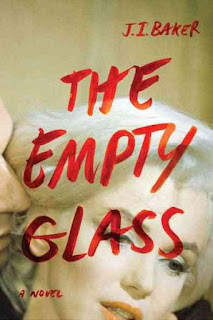Historical fiction has remained popular, and some Nevermore members had some books to recommend. Wolf Hall by Hilary Mantel is the widely acclaimed novel about Thomas Cromwell, advisor to King Henry VIII. Henry is desperate for a male heir, afraid that England will sink into war again without a clear line of succession. He wants to end his marriage and marry Anne Boleyn, and Thomas may be just the man to help him do it. Mantel’s equally brilliant sequel, Bring Up the Bodies, picks up the story just as Henry is growing tired of Anne and the political intrigue and conspiracies flourish.
James McBride’s novel Miracle at St. Anna is set in Italy during World War II when four black soldiers befriend a small boy who has become mute after some terrible trauma. They become cut off from the rest of their division and are trapped in a mountain village as winter sets in and the enemy is on the move. The book is loosely based on a true incident. McBride is best known for his nonfiction book, The Color of Water: A Black Man's Tribute to His White Mother.
Another blend of historical fact and fiction is found in The Empty Glass by J. I. Baker, in which deputy coroner Ben Fitzgerald is called to investigate the death of Marilyn Monroe. From the start, he isn’t convinced that the narrative of accidental suicide he’s been given is the correct one, and that a number of powerful entities are out to cover up a murder. Readers were divided about this book, which skips about in time a bit, but those who like noir fiction felt it was well done. Our reviewer loved it!
Freeman by Leonard Pitts, Jr. takes place right after the Civil War has ended. Sam, a former slave, returns from Philadelphia to Mississippi in search of his wife, Tilda, determined to find her no matter the risk. Prudence, a white woman from Boston, is going to Mississippi to set up a school for blacks. Pitts’ book has been praised for its strong characters, emotional depth, and for its sensitive and perceptive evocation of an era.




No comments:
Post a Comment